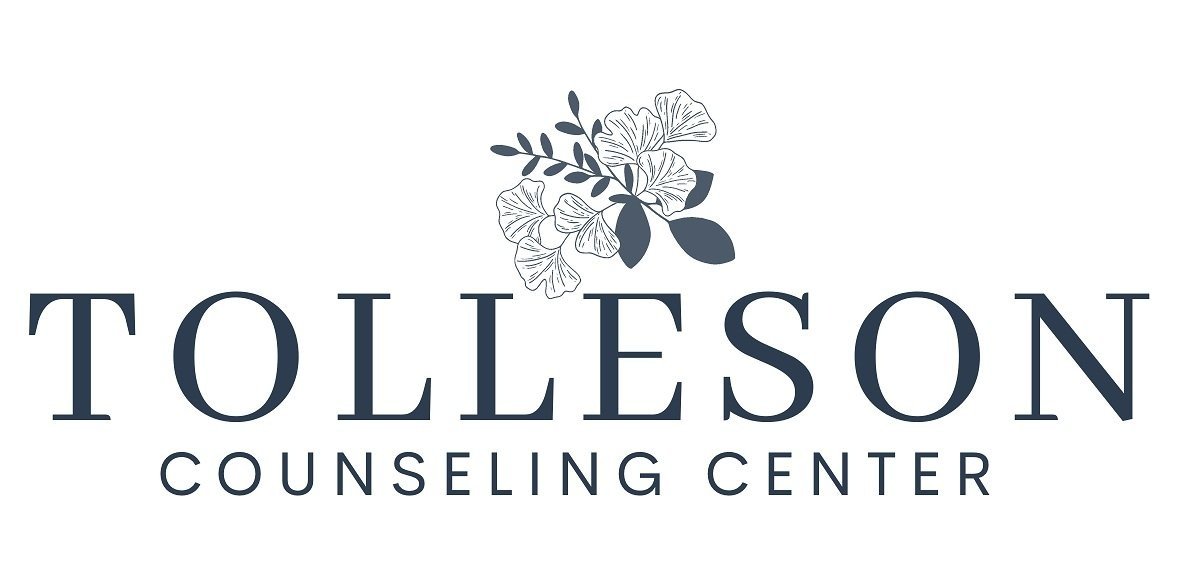How to Manage Your Anxiety
Anxiety is a natural response to stress and is something that everyone experiences at some point in their lives. While a certain level of anxiety can be helpful in motivating and preparing us for challenges, excessive anxiety can be overwhelming and debilitating. Fortunately, there are a number of strategies that can be employed to manage anxiety.
Practice relaxation techniques
Relaxation techniques such as deep breathing, meditation, and progressive muscle relaxation can help to reduce anxiety by calming the mind and body. These techniques can be practiced regularly to develop a sense of relaxation and control.
Exercise regularly
Exercise is an effective way to reduce anxiety as it releases endorphins, which are natural mood elevators. Exercise also provides an outlet for stress and can help to improve sleep, which is often disrupted by anxiety.
Identify triggers
It is important to identify the triggers that cause anxiety in order to manage it effectively. Keeping a journal or diary can help to identify patterns and triggers that cause anxiety, which can then be avoided or managed more effectively.
Challenge negative thoughts
Negative thoughts and self-talk can contribute to anxiety, so it is important to challenge these thoughts and replace them with more positive and realistic ones. Cognitive-behavioral therapy (CBT) is an effective approach that can help to reframe negative thoughts and develop more positive thinking patterns.
Seek support
Support from friends, family, or a mental health professional can be invaluable in managing anxiety. Talking to someone about your fears and concerns can help to reduce anxiety and provide a sense of validation and support.
Practice self-care
Self-care is an important aspect of managing anxiety. This includes getting enough sleep, eating a healthy diet, and engaging in activities that bring joy and relaxation. It is important to prioritize self-care in order to manage anxiety effectively.
Managing anxiety requires a combination of strategies, including relaxation techniques, regular exercise, identifying triggers, challenging negative thoughts, seeking support, and practicing self-care. By implementing these strategies, individuals can develop a greater sense of control over their anxiety and improve their overall quality of life.

